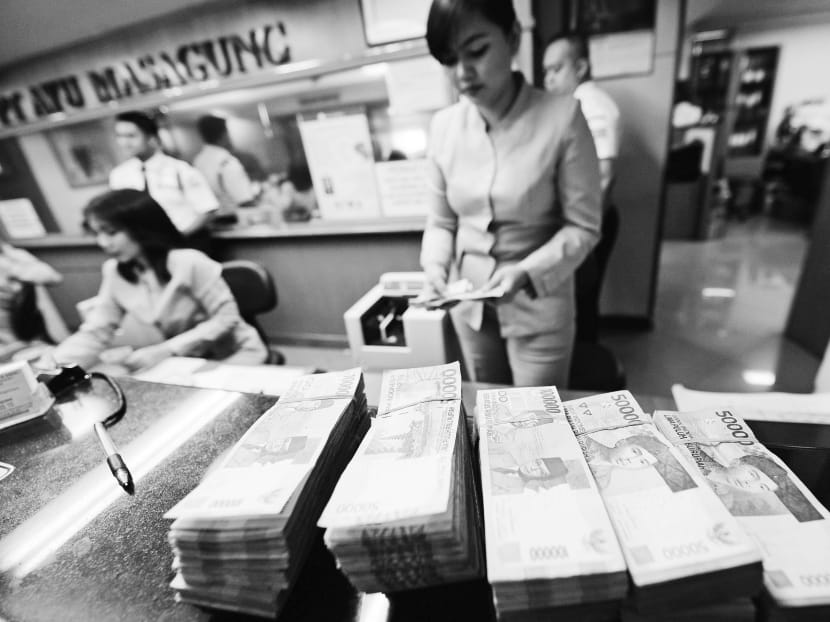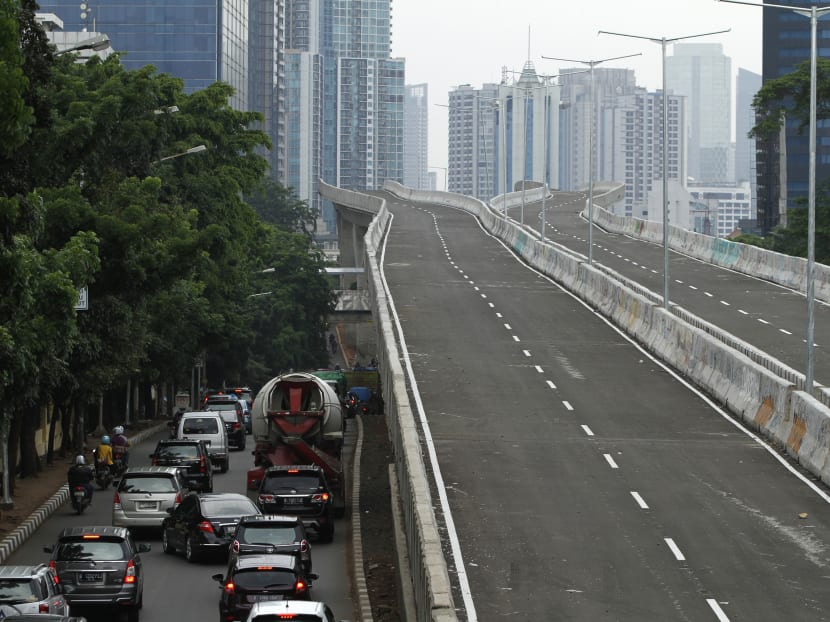Is this Indonesia’s time?
If you could travel back to 1998 and ask which nation would be South-east Asia’s most promising 16 years later, would you have guessed Indonesia?


If you could travel back to 1998 and ask which nation would be South-east Asia’s most promising 16 years later, would you have guessed Indonesia?
Buttoned-down Singapore? Sure, you might have said. Resource-rich Malaysia? Quite possibly. Tourism mecca Thailand? Perhaps. Even the Philippines, with its young population and diverse topography, might have had some nods.
But back in the year dictator Suharto was ousted by violent protests, the smart money figured Indonesia was destined for failed statehood, the archipelago’s 17,000 islands balkanised and its Muslim-majority population rejecting modernity.
REASONS FOR OPTIMISM
How wrong this view turned out to be. Investment in Indonesia has surged as the government set itself up as the low-cost alternative to a China seeking to move upmarket. Now an Asian leadership vacuum offers an opening for Indonesia to fill the void.
Sounds like a reach? Not when you consider Asia’s economic and political landscape. Thailand is in turmoil as it staggers from one coup to another. The Philippines is caught up in a territorial dispute with China as President Benigno Aquino pushes back against Beijing’s claims in the South China Sea. Malaysia’s government cares more about staying in power than economic modernisation. Vietnam veers from one meltdown to the next, Myanmar is not ready, Laos is too sleepy, Cambodia is too corrupt. Even Singapore is suddenly seeing some social cracks as surging living costs and stagnant wages turn locals against the immigrants that are the secret of their city-state’s success.
South-east Asia really is Indonesia’s to lose. The question is, will it grab this opportunity?
Even the most jaundiced of observers have to give Mr Susilo Bambang Yudhoyono, President since 2004, his due. He did for Indonesia what Indians hope the newly elected Narendra Modi will do for their hobbling economy. But as voters prepare to elect his replacement, the country is at a crossroads. The bullish narrative has reformist Joko Widodo winning July’s election.
Mr Widodo’s image as Mr Fix is well-earned. The 52-year-old political outsider rose from humble beginnings, not the nation’s political dynasties or oligarchies. Governor of the capital city of Jakarta since 2012, Mr Widodo has built his political reputation as a hands-on executive who understands ordinary Indonesians and has an ability to get things done.
His pledges to cut red tape, attack corruption and raise growth gained greater traction with his recent call to cut budget-busting fuel subsidies. His choice of former Vice-President Jusuf Kalla — a respected businessman and head of the Indonesian Red Cross Society — as his running mate is further reason for optimism.
CHALLENGES AHEAD
But do not underestimate the challenge awaiting Mr Widodo, one made worse by the policy drift of Mr Yudhoyono’s second term. The former general confounded sceptics during his first five years, scoring headline-grabbing victories against graft and reining in a powerful military that once ran its own giant business empire.
Then his administration lost momentum. It failed to build the new ports, railways and roads needed to compete with China; the current-account deficit got out of control, spooking investors; anti-graft efforts stalled. In a World Bank study, Indonesia came in 120th out of 189 countries for ease of doing business.
Worse, Mr Yudhoyono has presided over a surge in economic nationalism. Moves to ban resource exports and compel miners to refine mineral ore in Indonesia only serve to drive business elsewhere.
The same goes for demands that companies such as Yahoo! and Google set up data centres in Indonesia, or talk of banning foreign chief executives. Proposals such as these just make the Philippines or Vietnam look more attractive. Mr Yudhoyono also should have done more to contain the creeping Islamisation of public life in his nation of 250 million people.
Hence the crossroads at which a Widodo administration would find itself. The good-governance path would lead Indonesia towards the future hinted at by the Boston Consulting Group, which estimates the number of middle-class and affluent Indonesians may almost double to 141 million by 2020.
Such figures explain why companies from Facebook to IKEA to automakers around the globe are interested in expanding in Indonesia. Achieving this will require imaginative and transparent efforts to clean up the country’s political and corporate systems, far beyond anything Mr Yudhoyono managed.
The other path would be to allow the neglect and inertia of recent years to deepen.
Mr Widodo will no doubt want to avoid heading in this self-defeating direction. But the vested interests arrayed against him, many dating back to Suharto’s day, will do their worst to thwart his reforms. If the future really is Indonesia’s to lose, its new leaders will have to dazzle Asia even more than they have these last 16 years. BLOOMBERG
ABOUT THE AUTHOR:
William Pesek is a Bloomberg View columnist based in Tokyo who writes on economics, markets and politics throughout the Asia-Pacific region.






